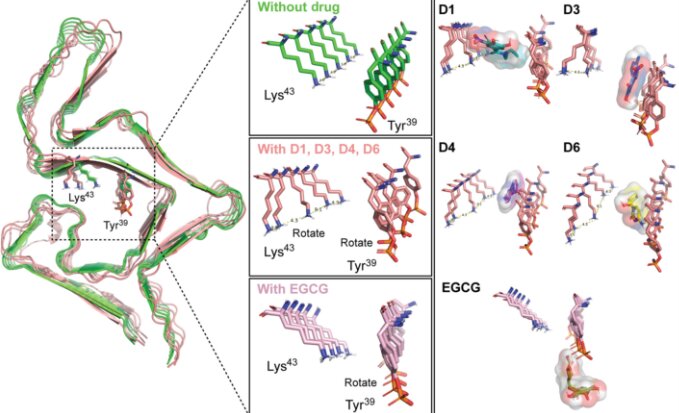Researchers from the Charlie Dunlop School of Biological Sciences, in collaboration with The Oxford Research Centre in the Humanities, reveal a powerful link between olfactory loss and inflammation in a staggering 139 medical conditions. This research — led by professor emeritus Michael Leon, and researchers Cynthia Woo and Emily Troscianko — emphasizes a little-known but potentially life-altering connection: the role our sense of smell plays in maintaining our physical and mental health.
The study appears in Frontiers in Molecular Neuroscience.
Olfactory dysfunction, often dismissed as a minor inconvenience, may actually be an early sign of various neurological and bodily diseases, as indicated by this research. “The data are particularly interesting because we had previously found that olfactory enrichment can improve the memory of older adults by 226 percent,” said Leon. “We now know that pleasant scents can decrease inflammation, potentially pointing to the mechanism by which such scents can improve brain health.”
This finding, he added, could hold key implications for mitigating symptoms and possibly even reducing the onset of certain diseases through therapeutic olfactory stimulation.
The study delves into the methodical tracking of 139 medical conditions associated with both olfactory loss and heightened inflammation, uncovering insights into a shared pathway linking these factors. Olfactory loss, which often precedes conditions such as Alzheimer’s and Parkinson’s diseases, may serve as an early indicator of disease onset, allowing for more proactive therapeutic approaches.
“It was difficult to track down the studies for so many medical conditions,” said Leon, reflecting on the complexity of linking olfactory loss to such a wide array of disorders. The challenge, he added, underscores the importance of these findings in framing olfactory health as integral to overall well-being.
By showing how olfactory enrichment can mitigate inflammation, this research has laid a foundation for future studies aiming to explore the therapeutic use of scent to address a broader range of medical conditions. “It will be interesting to see if we can ameliorate the symptoms of other medical conditions with olfactory enrichment,” said Leon.
Together with Woo, Leon is now working on a device to deliver olfactory therapy, which could hold promise as a novel, non-invasive way to improve health outcomes.
As science continues to uncover the profound impacts of our senses on health, this research underscores a critical need for further study into olfactory therapies.

